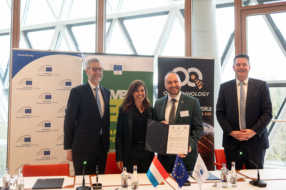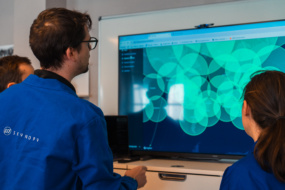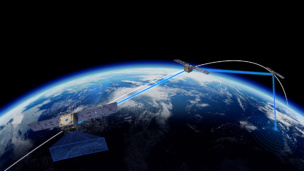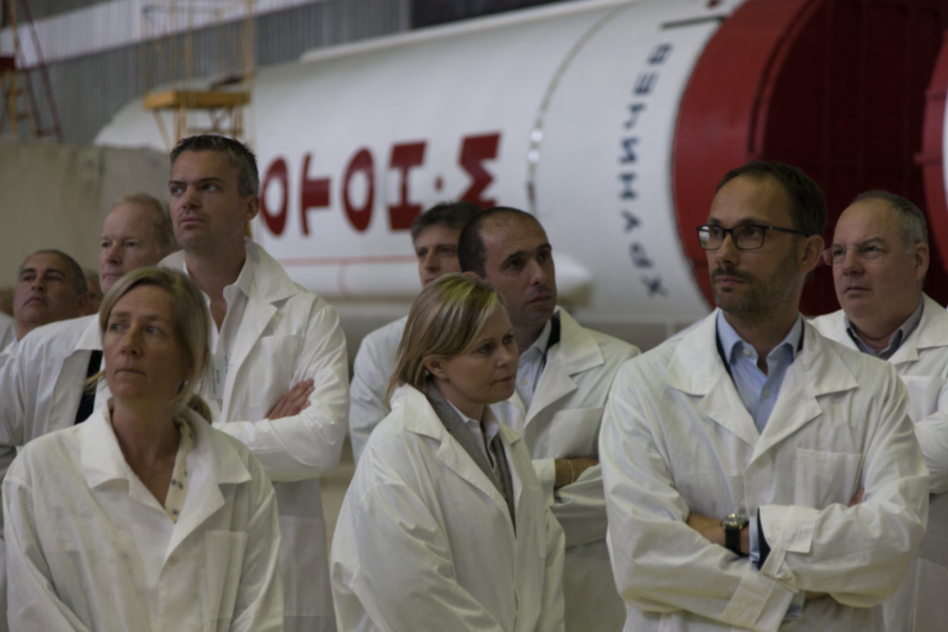The FCC opened its new space office on Tuesday to help the agency better consider the thousands of applications it receives each year for satellite approval and authorization of novel space activities.
The agency is currently considering more than 60,000 applications for new satellites—the largest backlog in the FCC’s history.
“This effort is part of what I believe needs to be a broader rethinking of satellite policy in the United States,” said Jessica Rosenworcel, chairwoman of the FCC. “There are now so many new technologies in the space industry, so many new applications pending before this agency, and so many more innovations on the horizon that I don’t think this agency can keep doing things the old way and thrive in the new.”
How we got here: In November, Rosenworcel announced that she would split the FCC’s International Bureau into two new offices: a Space Bureau and an Office of International Affairs. The FCC voted unanimously in January to move forward with the establishment of the new offices.
The space bureau is led by Julie Kearney, who was previously the special counsel for space law and policy at the FCC.
Top priorities: The FCC is in charge of regulating satellites and spectrum usage, approving novel space capabilities like in-space manufacturing, and keeping space debris in check by ruling on when old satellites must leave orbit. Kearny said her top priorities in the new job include modernizing regulations, supporting technical innovation, promoting space safety, and mitigating orbital debris.
Two immediate things on the bureau’s to-do list include getting input on how to process satellite applications more quickly and considering spectrum and sharing rules in non-geostationary orbit.
“We appreciate the hundreds of billions of dollars that the space launch and satellite industry are putting in the economy,” she said. “We really see that we have a key role in promoting US leadership and promoting industry and government cooperation.”





